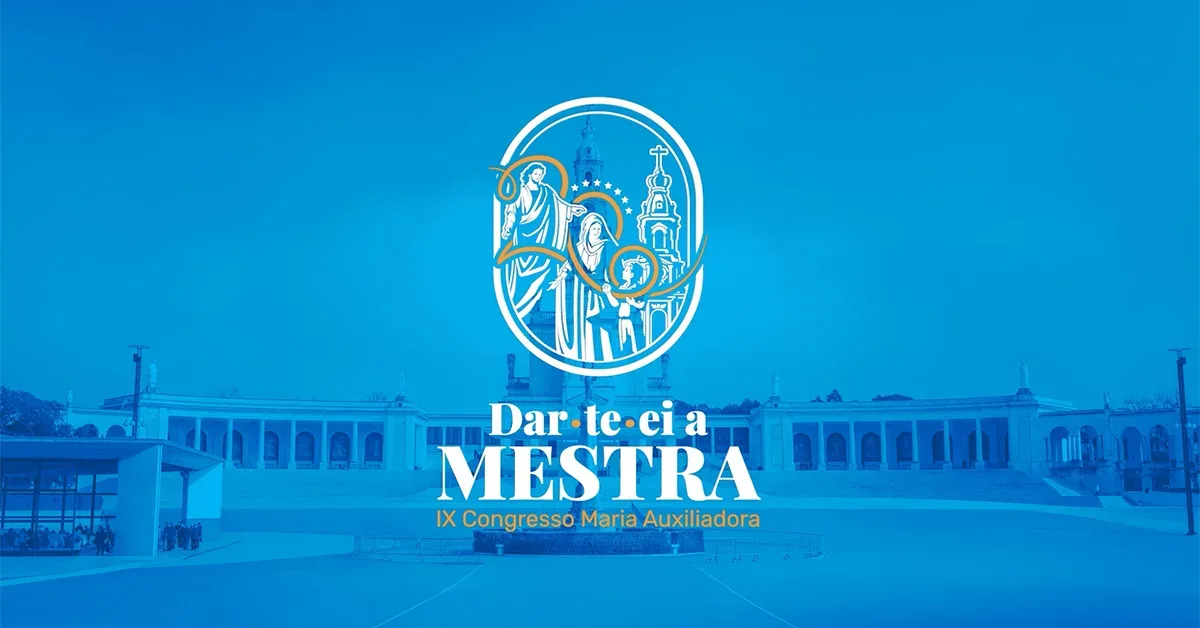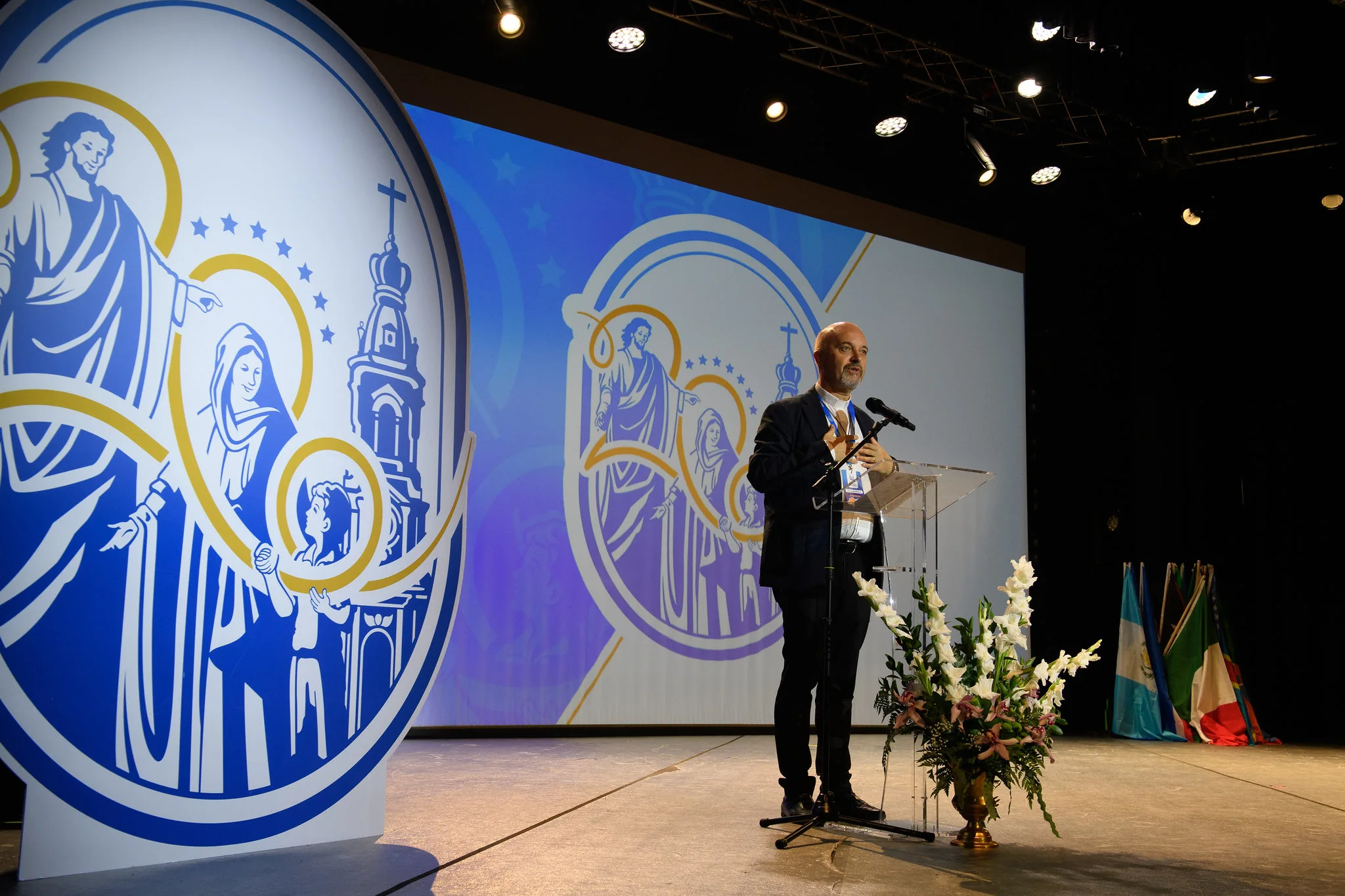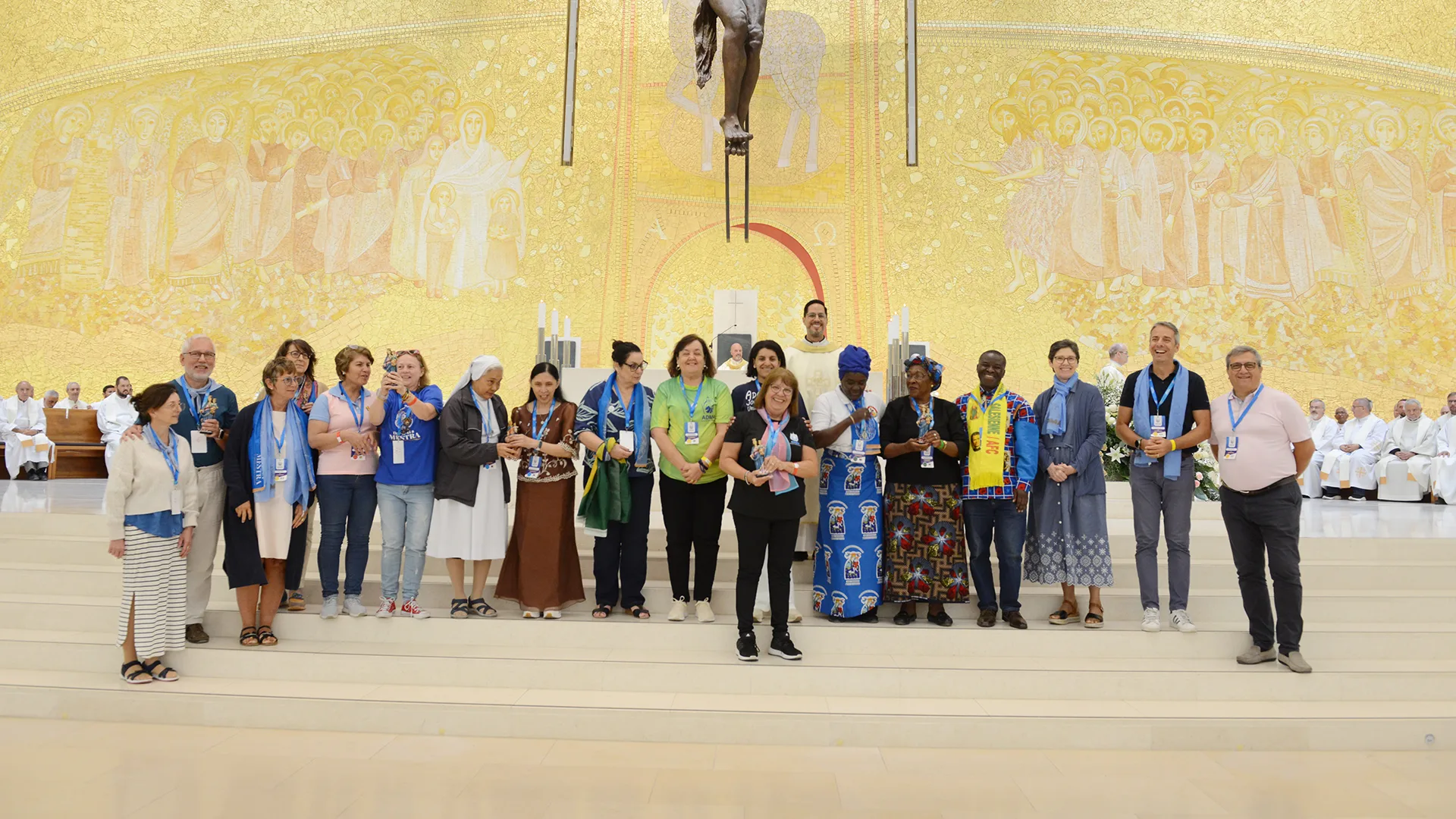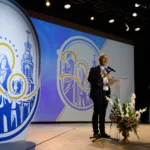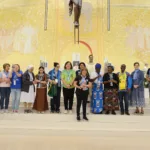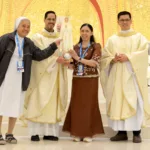On the occasion of the recent ‘Spirituality Days’ of the Salesian Family, the 9th International Congress of Mary Help of Christians was presented. It is organized by the Association of Mary Help of Christians (ADMA) and open to all groups of the Salesian Family. It will be held in Fatima from 29th August to 1st September 2024. It is important to start our preparation already for this significant moment of thanksgiving and entrustment to Mary. The Congress will be held in the ‘Paul VI’ congress hall in the Shrine of Fatima, Portugal, a special Marian place, where the Virgin Mary appeared to three young shepherd children in 1917 and through her message to them to invite the whole world to prayer and penance.
The title chosen for this event will be ‘I will give you the teacher’, in memory of Don Bosco’s dream at the age of 9 whose 200th Anniversary will be celebrated in 2024. It is a dream that was deeply imprinted in Don Bosco’s heart and that guided him throughout his life. As Don Andrea Bozzolo, who will be a speaker at the Congress, writes, it is the Salesian ‘founding legend’, the ‘sacred page’ that still today “exerts a consistent performative energy, touching the feelings, moving to action and generating identity. In it are gathered in effective narrative synthesis “the constituent elements of the Salesian vocation, like a testament to be handed down to future generations”. Starting from the dream, the inspiration we want to share is that Mary Help of Christians may be more and more the Mother and Teacher who accompanies and guides the whole Salesian Family on the path towards Jesus and towards the young people most in need.
The formative itinerary for the year will seek to deepen the nine-year dream in a timely manner, divided into 5 themes and 10 stages.
The first theme present in the dream is clearly ‘the Oratorian mission’: in it we will examine our educational charism, the preventive system as a way to holiness, the particularity of a pedagogy of grace and a pedagogy of celebration that reaches boys and girls in their concrete and daily lives.
The second theme present in John Bosco’s experience of the dream, we could say, is ‘the call to the impossible’: in it, we will speak of the mystery of life as vocation and mission, something that is in us, but greater than us, and which therefore involves the theme of faith, vocational discernment, spiritual combat, Christian life as cross and joy, humiliation and glorification; this will allow us to understand well the meaning of the ‘holy joy’ so much recommended by Don Bosco to his boys.
The third theme can be expressed as ‘the mystery of the Name’: it is the theme of the experience of God as presence and mystery, an experience that involves the themes of encounter and proclamation, conversion and faith, dwelling and working, contemplation and action, liturgy and apostolate.
The fourth theme concerns the distinctive style of the Salesian charism, ‘loving-kindness’. The aim is to promote a pedagogy of love totally inspired by the charity of God, and therefore a relational and educational style marked by humility and meekness, benevolence and affability. This is a new educational logic, where love is the fulfilment of the law, where justice is administered as mercy, where love is not only felt but also demonstrated, where educational work keeps away from the forms of ancient rigorism and modern laxity.
The fifth and final theme present in the dream at the age of 9 is ‘Mary’s maternal mediation’. It is an opportunity to reflect on the feminine and maternal face of the Church in the whole God’s plan. Here, we can deepen the idea that God’s initiative must be matched by human accompaniment, and that in the work of education we must always harmonise firmness and patience.
Let us entrust in prayer the preparation and realisation of this great event in the entire Salesian Family.


